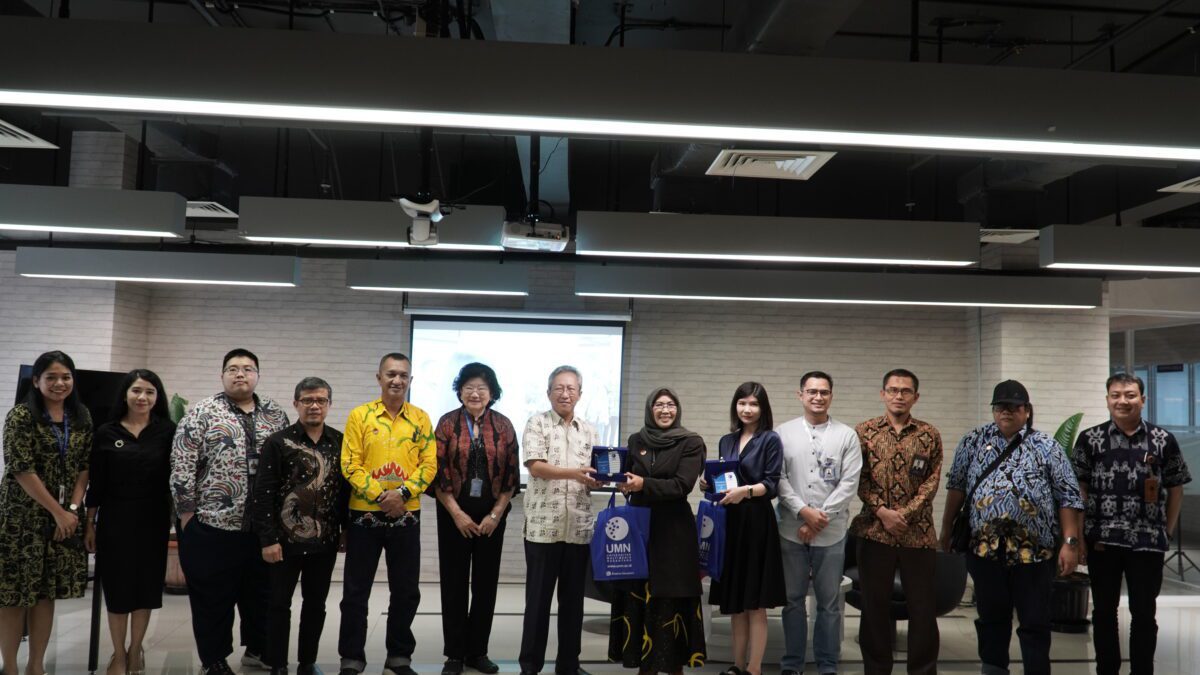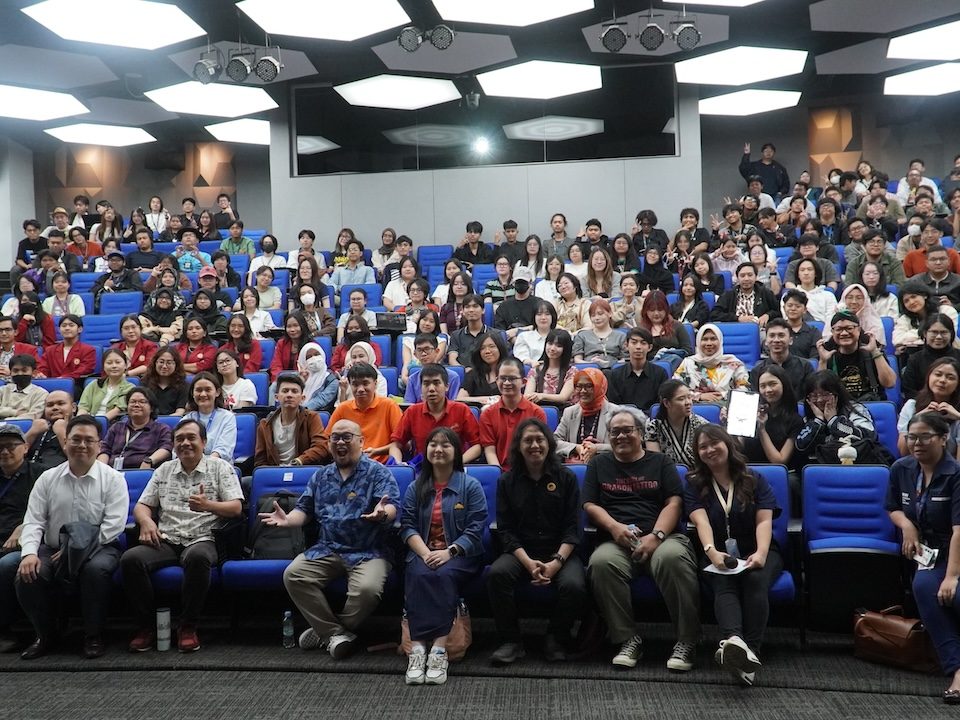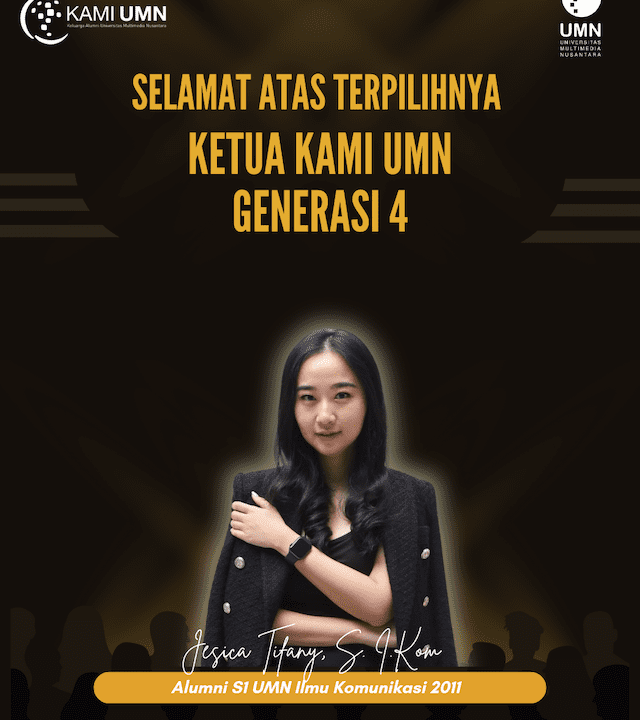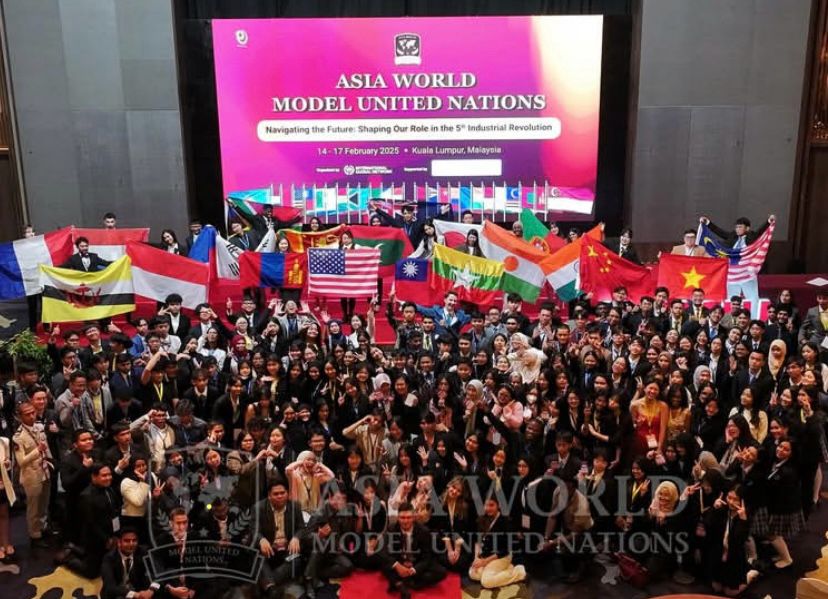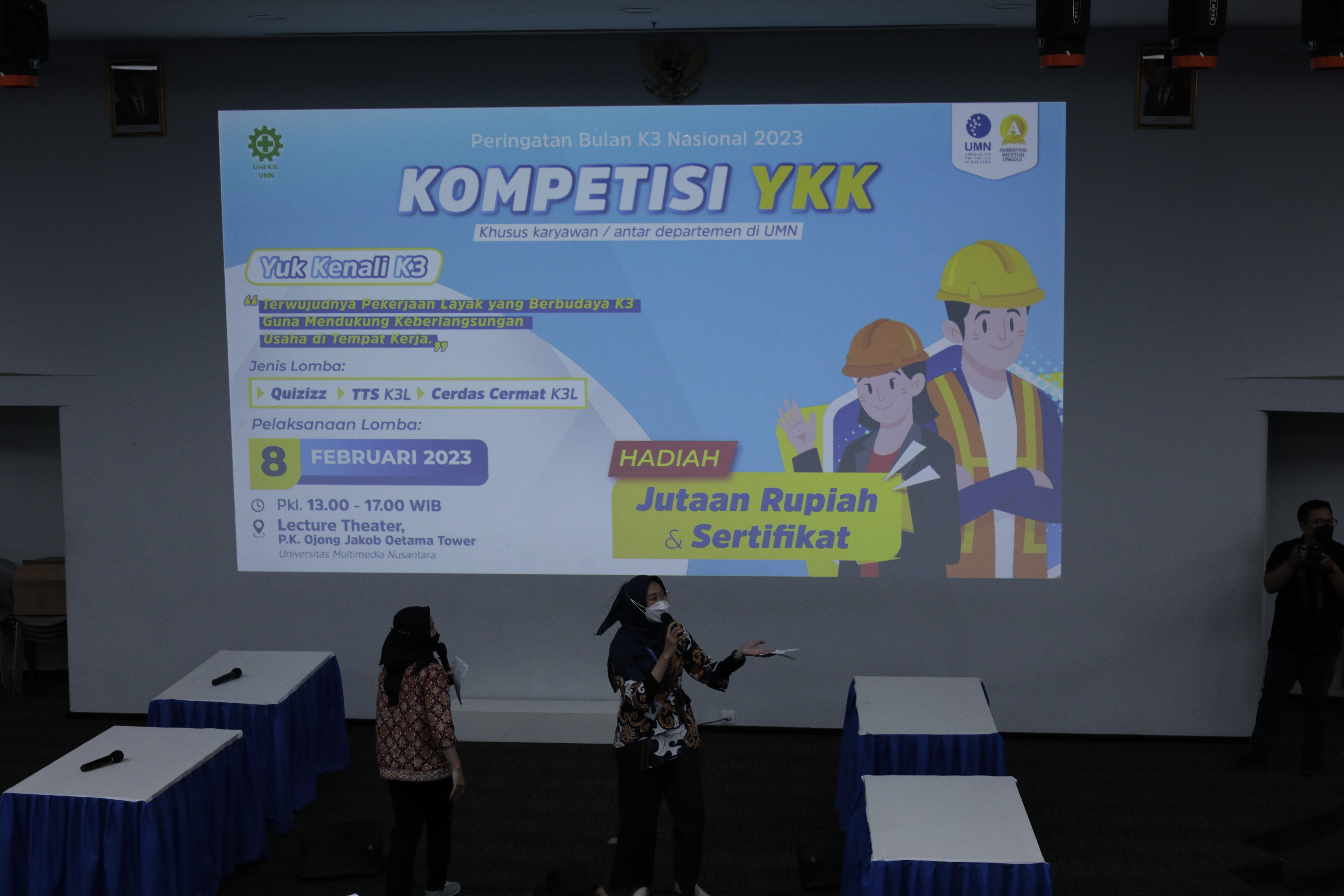
Very Exciting! UMN Employees Enliven The Commemoration of The National K3 National Month 2023
February 21, 2023UMN’s Ethical Sourcing and Sustainable Procurement Policy: Setting Standards in Campus Dining and Operations
February 26, 2023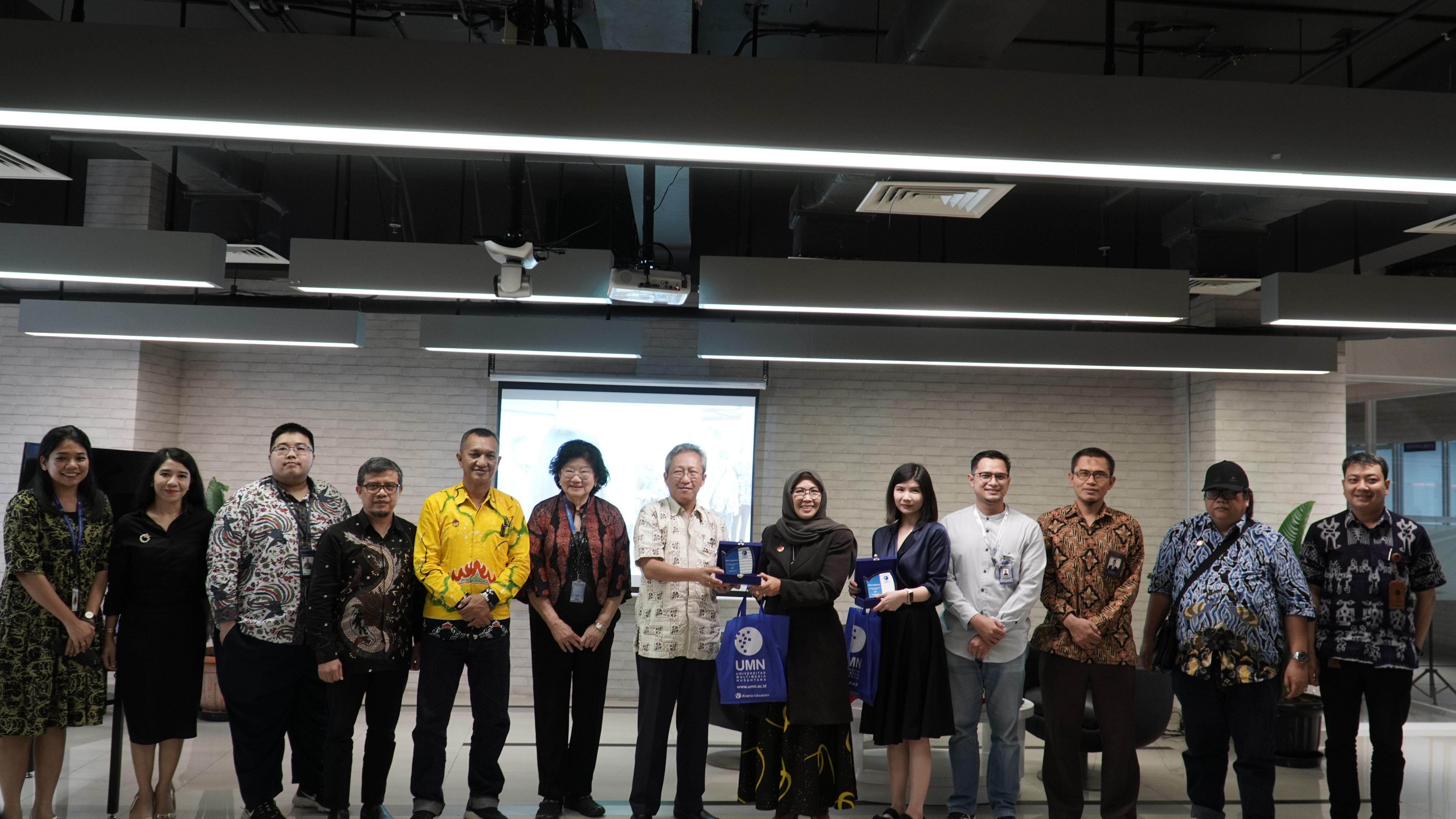
Doc. UMN
TANGERANG – A public lecture titled “Inclusivity in Corporations, Should it be Mandatory or Voluntary?” was held on February 11, 2023. The event, which took place at UMN’s Hospitality Laboratory, invited two speakers: the Chairperson of the National Commission on Disability (Komisi Nasional Disabilitas/KND), Dr. Dante Rigmalia, M.Pd., and Country Talent, Learning, & Employer Branding at PT Unilever Indonesia Tbk, Vania Callista Salim.
In addition to the speakers, UMN and KND representatives also attended the event: Vice-Rector for General Administration and Finance, Ir. Andrey Andoko, M.Sc.; Vice Rector for Relations and Cooperation, Prof. Dr. Muliawati G. Siswanto, M.Eng.Sc.; Deputy Chairperson of KND, Deka Kurniawan; KND Commissioner, Kikin Purnawirawan Tarigan Sibero; and Jonna Aman Damanik. Several UMN Communication Science lecturers were also present along with the fourth batch of Communication Science master students.
“This public lecture is a routine agenda at the beginning of each semester initiated by the collaboration of students and lecturers. The people invited come from the government and industry who will discuss the latest issues around Communication for Sustainable Issues,” said the Head of the Master of Communication Science Study Program, Dr. Agustinus Rusdianto Berto, S.Sos., M.Si.
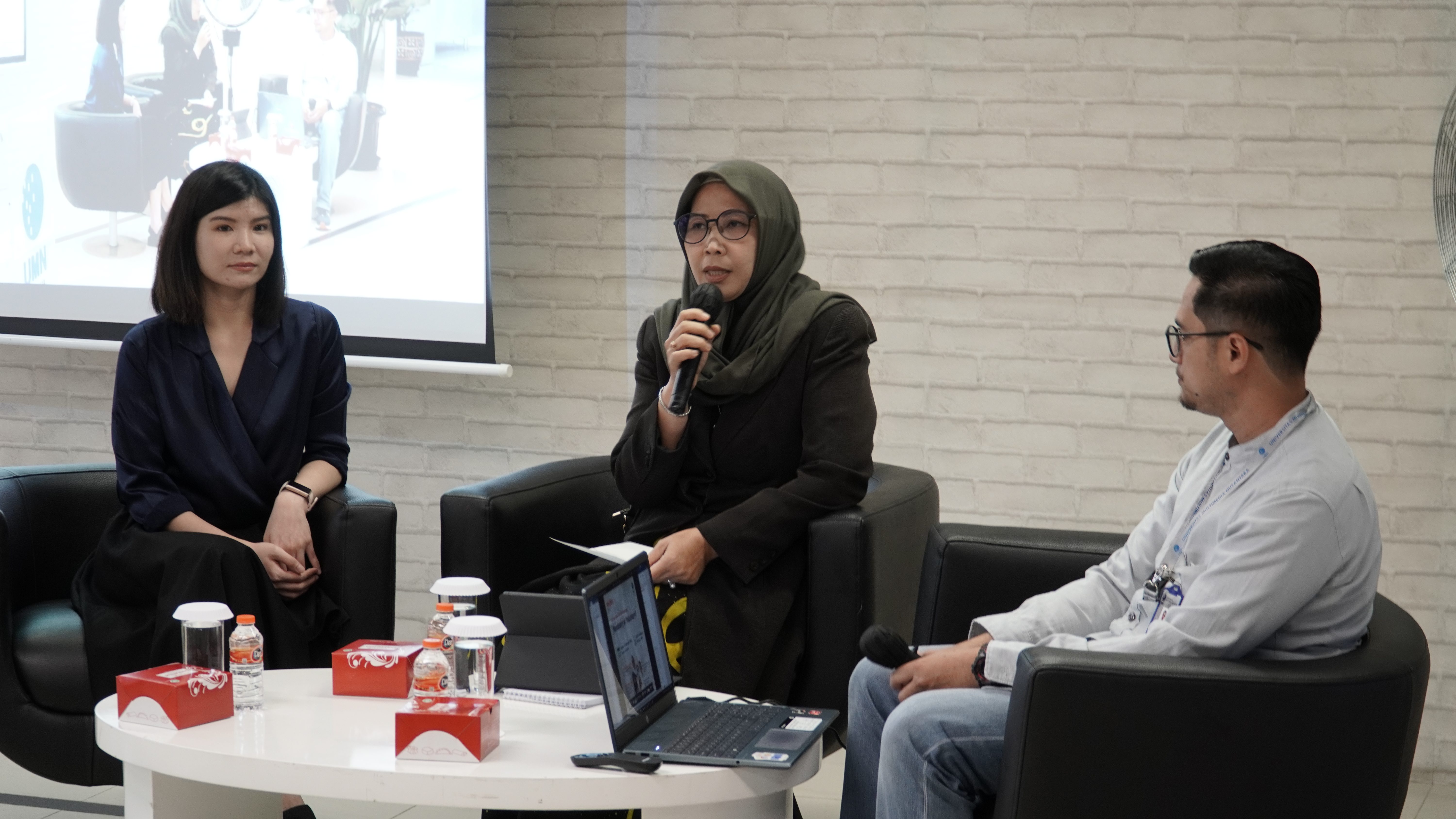
Doc. UMN
The public lecture began with Dante’s presentation regarding the National Commission on Disability and the importance of inclusivity in the corporate world.
The establishment of KND is a mandate of Law No. 8 of 2016 concerning Persons with Disabilities and Presidential Regulation No. 68 of 2020. KND is tasked with monitoring, evaluating, and advocating for the implementation of respect, protection, and fulfillment of the rights of disabled people.
Dante said that disabled people have the same rights as the abled. People with disabilities should not hesitate to reveal their identity. If you are an abled person, don’t label yourself by saying you are “normal.” In terminology, it can be interpreted that people with disabilities are humans who are not normal, not perfect. Therefore, by using the label “disabled” and “abled,” the dignity of disabled people is better.
“As a disabled person, there is no need to say sorry. ‘Sorry, I’m blind’ or ‘sorry, I’m deaf.’ Disability is part of diversity, so there is no need to apologize. If this ‘sorry’ narrative continues, it will become a prolonged negative stigma,” Dante said.
Based on data on education levels, 30% of people with disabilities graduated from elementary school, 11% from junior high school, 14% from high school, and only 2.8% from college.
Dante considers that this is a collective homework that must be done together. Dante believes that if they have the opportunity to complete their education up to university, disabled people can become independent, contribute, be educated, and earn their own income.
Several state regulations already regulate the presence of disabilities in corporations. Per Law No. 8 of 2016 on Persons with Disabilities, private companies must employ at least 1% and government-owned companies at least 2% of their employees or workers with disabilities.
Dante emphasized that the article is not only a mandate to fulfill the quota in hiring people with disabilities but also a provision of human rights.
“Every person of working age should be given the opportunity to work, including disabled people. This is not only about surviving, but also social recognition. We believe we are capable. We are happy to be able to give and spare something for others,” Dante concluded.
Next, Vania presented material about the presence of an inclusive culture in Unilever.
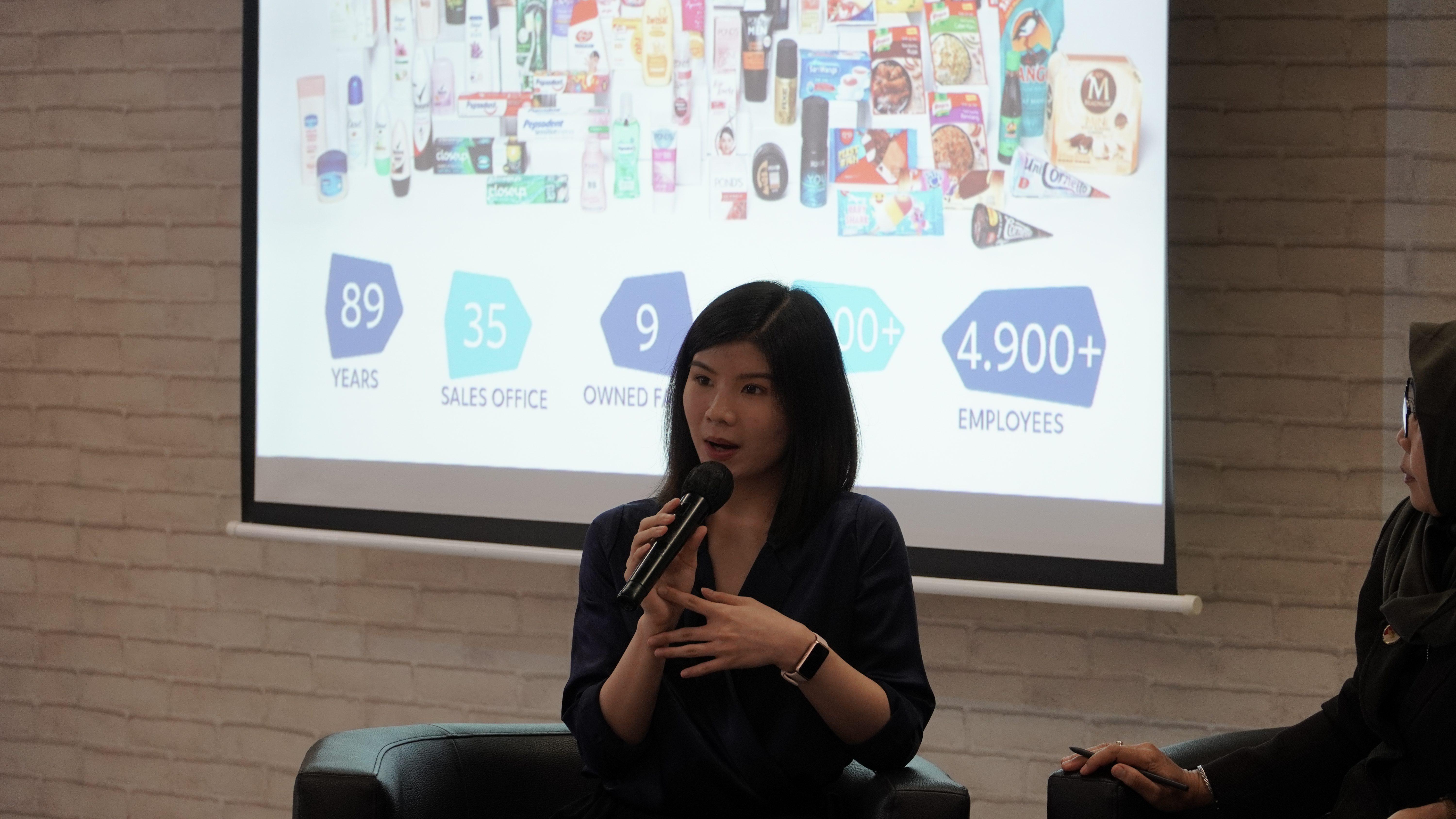
Doc. UMN
As someone who has worked for eight years at Unilever, Vania said there are two reasons that make her comfortable working there. First is career development—second, facilities and support. According to Vania, Unilever creates a corporate culture through the lens of an employee.
“If we create company facilities without involving disabled people, there must be gaps,” Vania said.
Unilever has three issues that are highlighted in the company, namely gender equality, embracing different abilities, and eliminating stigma. The presence of inclusivity in the company is considered good for financial performance, not only the company’s image but also business and profit. Through customer centricity, the more Unilever’s products represent consumers; the more profit is earned.
In Unilever, disabled people are given support to get equal opportunities.
“It’s as if there is a fence that is equally high, a standard that equally cannot be lowered. Now, for example, there are small children and wheelchair users. Unilever provides support so that everyone experiences the same quality (standard). If it’s a small child, it means they are given a ladder to reach the fence. For wheelchair users, a sloping board is given,” Vania explained.
In addition to providing the same treatment, Unilever also supports free speech (everyone can opinionate). With this support, disabled people are expected to be able to dream and have a higher career, unhindered by anything. Unilever strengthens access for disabled people by deepening the development and internship curriculum. The curriculum includes career planning, mentors for college, communication, and data processing skills.
“We also increase awareness about inclusiveness in life through product advertisements. For example, beauty ads feature full-size models. Ice cream ads involve children, parents, and disabled people. Thus, Unilever shows that everyone can do anything, including achieving dreams. That’s the principle we want to share,” Vania concluded.
By Annisa Dyah Novia | UMN News Service
English translation by Levina Chrestella Theodora
Kuliah di Jakarta untuk jurusan program studi Informatika| Sistem Informasi | Teknik Komputer | Teknik Elektro | Teknik Fisika | Akuntansi | Manajemen| Komunikasi Strategis | Jurnalistik | Desain Komunikasi Visual | Film dan Animasi | Arsitektur | D3 Perhotelan , di Universitas Multimedia Nusantara. www.umn.ac.id

